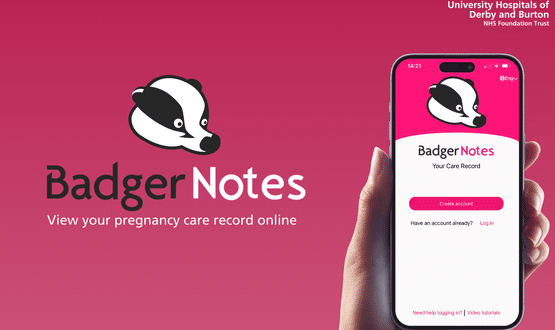CCIO profile: Dr Iain Kewley
- 13 May 2013

It is fair to say that the Isle of Man goes its own way. This small island located in the middle of the Irish Sea – population 80,000 – has its own government, its own parliament, its own political leader, and its own laws.
According to Iain Kewley, that independent streak explains why the British Crown Dependency has been ahead of the game on involving clinicians in informatics and technology.
Since April 2011, Dr Kewley has worked in the island’s Department of Health as a clinical representative in the management information and technology directorate. In July 2011, he was given the formal title of chief clinical information officer.
“I think there are a number of reasons that we’ve been ahead of the game in appointing a CCIO,” he says. “First of all, the island is of course very small [it has 12 general practices and just one district general hospital] and therefore able to adapt to changes very quickly.
“But also, by the time I was appointed, we had completed our equivalent of the National Programme for IT. That involved the replacement of the hospital’s patient administration system with System C’s Medway, moving all the GP practices on to EMIS PCS on a central server, and installing RiO in community and mental health services.
“I think there was a feeling at that stage that a little bit more clinical input was needed to increase the return on investment, and to leverage both clinical and management information,” Dr Kewley adds.
From benchmarking to talking tech
That information was often different to that collected in the UK – another sign of the island’s autonomy – making benchmarking challenging. Addressing this was one of Dr Kewley’s first priorities.
“One of the key things from the department’s point of view was to start to use clinical information to inform policy,” he explains.
“Like most places, there is an ever-increasing need for information and its interpretation but we don’t collect the same statistics as the NHS, and don’t submit things to the [Health and Social Care] Information Centre for comparison.
“Since we collect a variety of information in different formats from the UK it’s very difficult to actually know how well our services are doing. So, at that stage, a very significant part of the role was the nitty-gritty stuff of benchmarking our performance.”
With that work now established and ongoing, Dr Kewley’s job has changed somewhat. “Now I’m starting to do much more of the role you will have seen CCIOs do elsewhere – that techy, clinical border. So basically a clinician who talks techy.
“A lot of it is about liaison and influencing, and it’s a three-way relationship. It’s the management, the clinicians and the techies. None of these groups can actually speak one another’s language.”
From punching paper to writing programs
The borders between these groups are borders that Dr Kewley has long straddled. His interest in IT started when, as a 14-year-old, his school became only the second in the UK to get a computer (“a giant thing that you could only talk to by hole punched paper,” he remembers with some nostalgia).
By the time he had qualified as a doctor, he was helping a consultant with “one of these new-fangled Apple II machines”. Amazingly, the consultant had the idea that it might be useful for clinical practice.
The result was a database for the special care baby unit. By the time Dr Kewley went into general practice, he was writing a computer system for his practice from scratch.
That long history surely means that few can be better placed than Dr Kewley to offer an insight into the importance – and challenges – of clinical involvement in IT.
“I think there’s always going to be people, particularly in secondary care, who remain to be convinced about the electronic patient records and so on,” he reflects.
Converting the sceptics, he suggests, involves ensuring that technology systems are completely focused on the user.
“The key thing with information systems is to get people to use them, and to do that those systems have to give the user something back. For example, we have used Map of Medicine here [a product which gives computerised care maps for different conditions].
“Until very recently, that’s been a standalone product – very useful for service redesign but, in terms of individual doctors looking at it during a consultation, it didn’t give anything back.
“So what we did was write a little routine which would call up the Map of Medicine from EMIS and then use links within it to actually start to populate the EMIS record.
“People then started to get benefit from using the Map, because it actually made their notes better, more accurate, and correctly coded.
“So you have to make sure that whatever systems you get actually make the users’ life easier and simpler. It’s got to give something back – if it doesn’t give something back, it won’t get used.”
From information to knowledge management
As he looks forward, Dr Kewley sees new challenges for himself and for his fellow CCIOs. The focus is no longer just on information management, he suggests, but on knowledge management too.
“Certainly over the last three or four months, a fair chunk of my role is moving away from information management and into knowledge management.
“We are in the process of implementing an information hub which has been developed entirely on the island from open source software. It is designed to present all our management information in one place, and allows actions to be associated with it.
“Those actions can then be associated with people; those actions e-mailed to the person concerned when they are not keeping up with them and so on. It’s a tool for performance management and knowledge management.
“I think it may be a philosophical difference – we are starting to move away from pure information management into knowledge management as well.”




